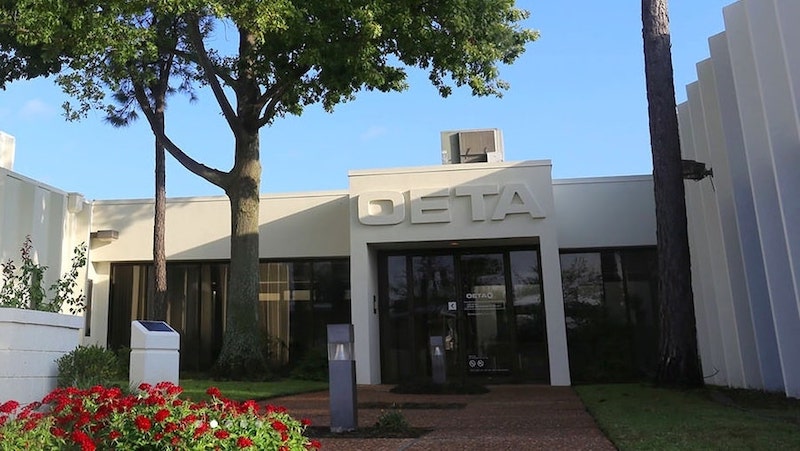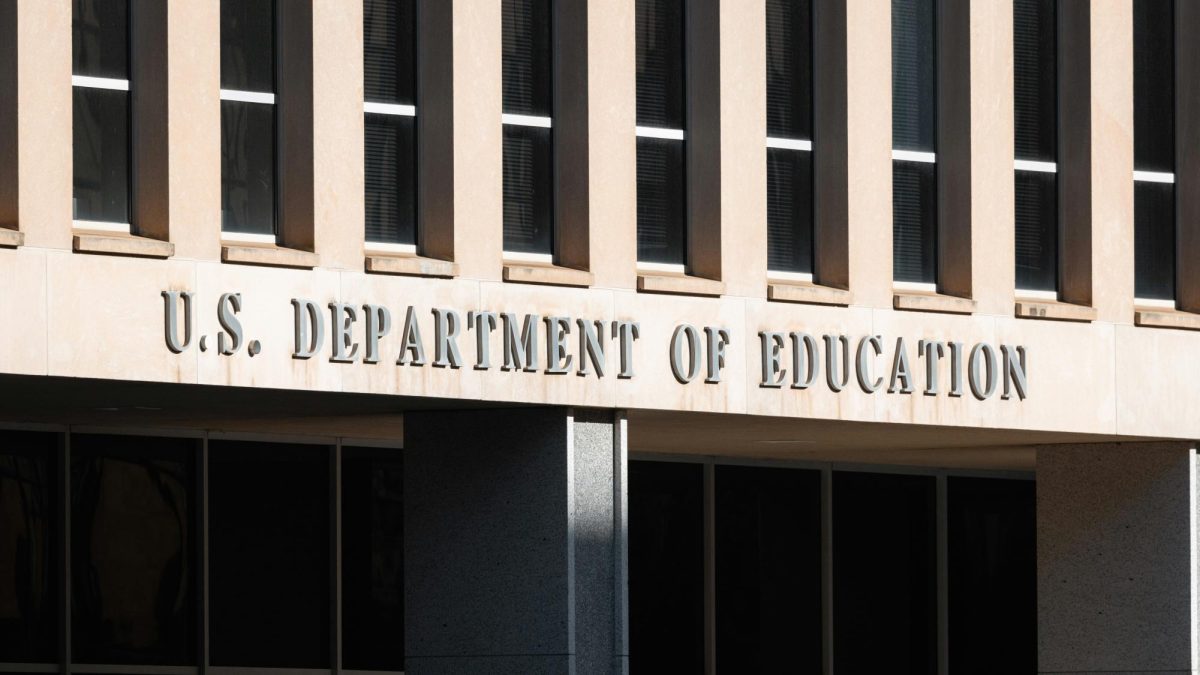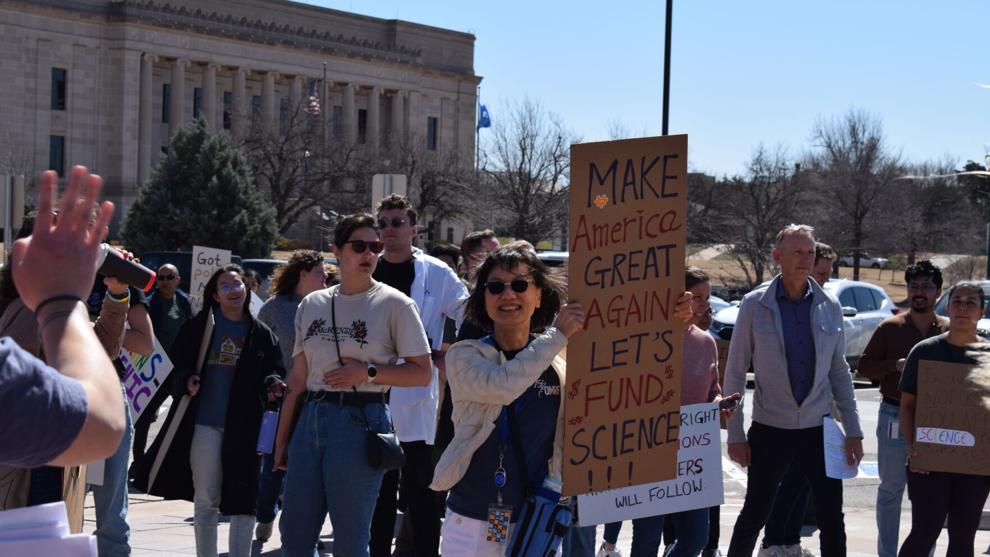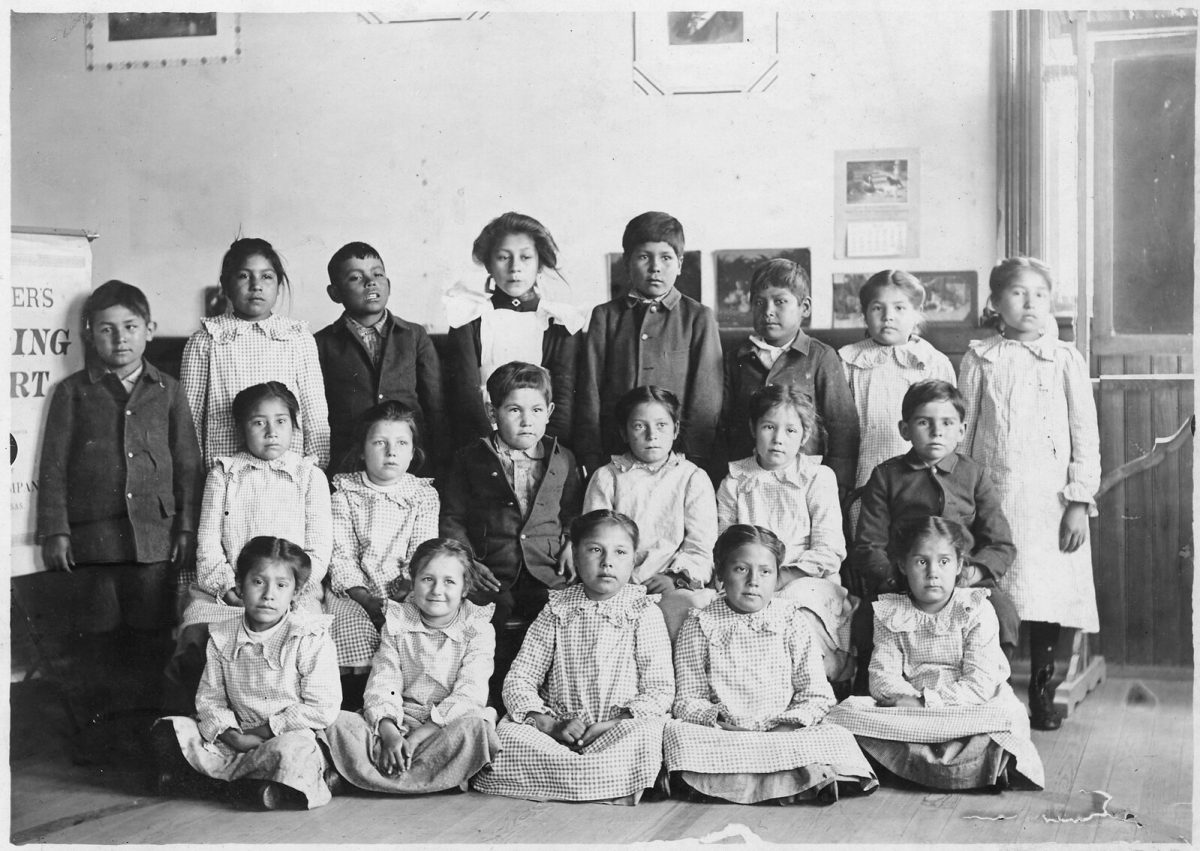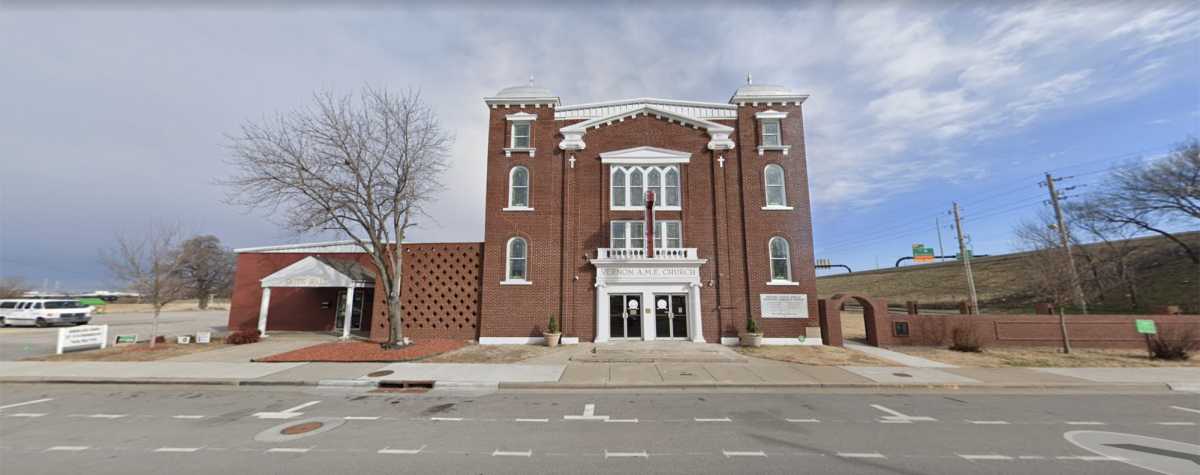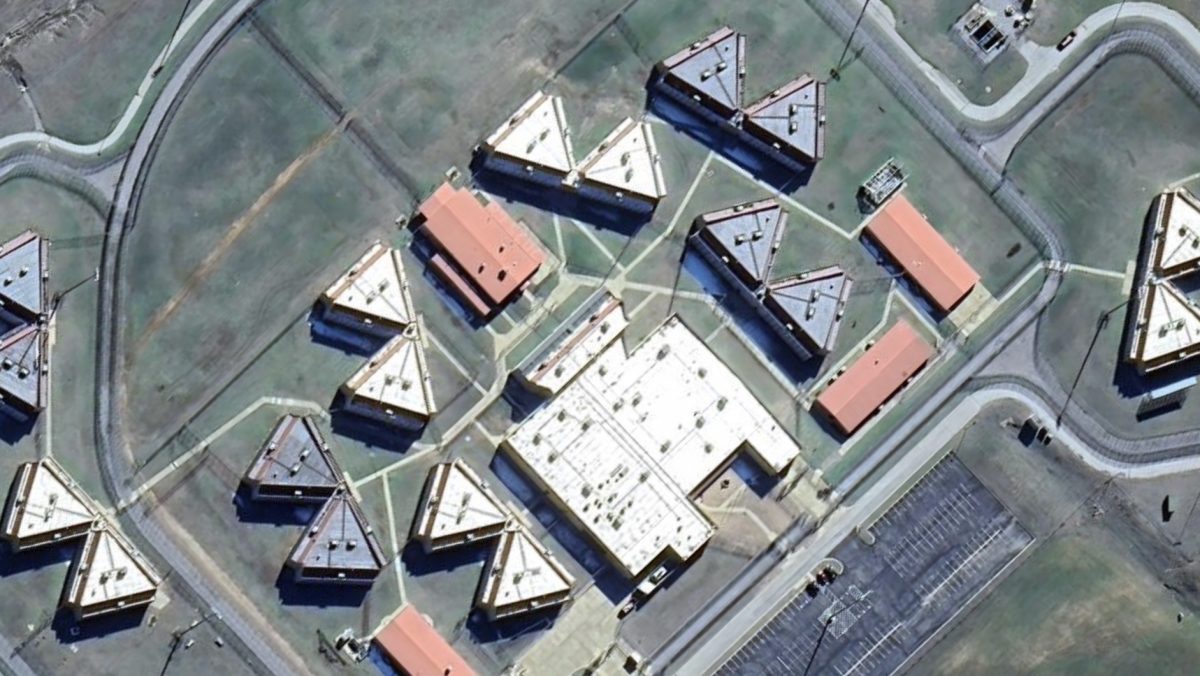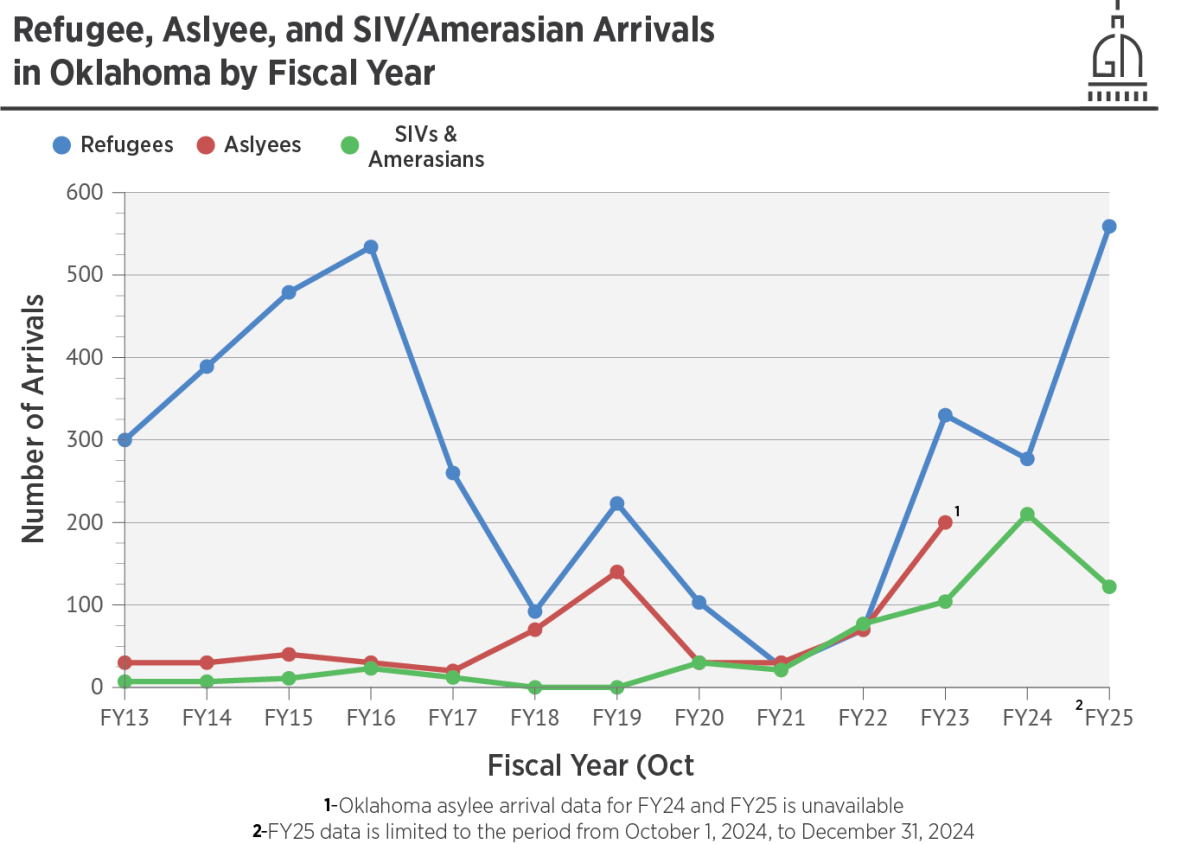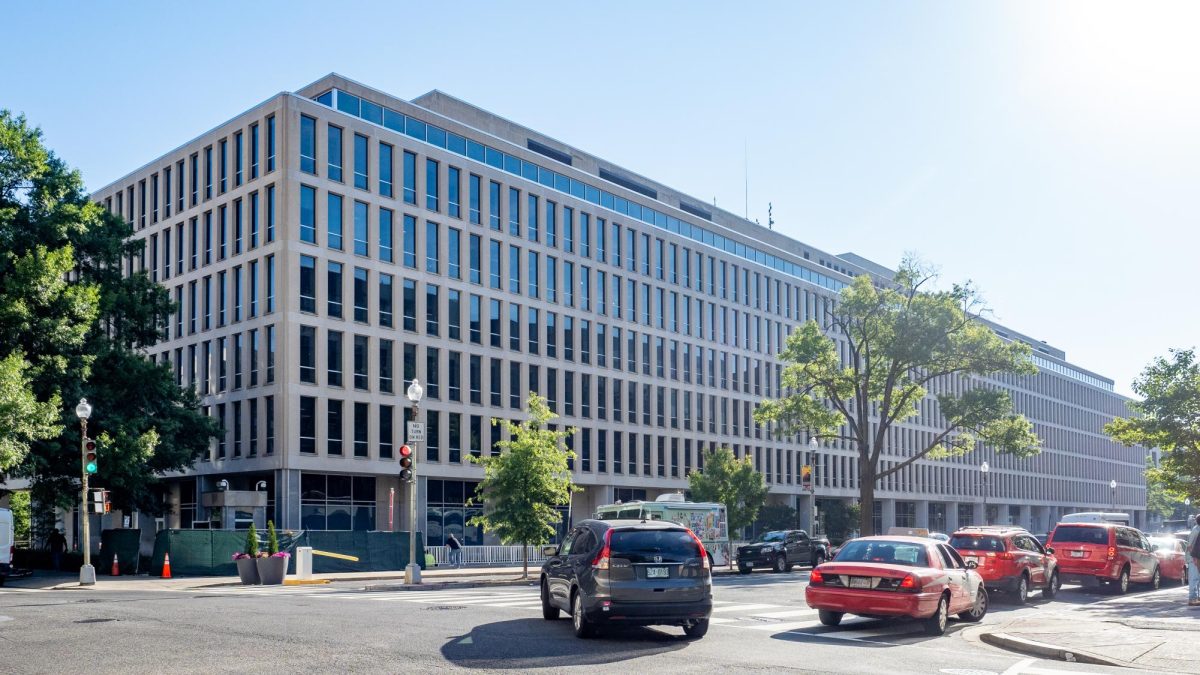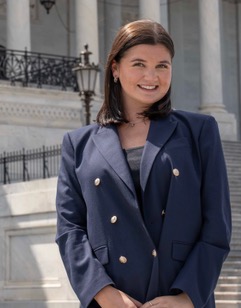WASHINGTON — Almost $3.5 million in federal public broadcasting grants for Oklahoma stations are at risk as the U.S. House prepares to vote on a package of cuts.
Early Thursday morning, the Senate narrowly passed the bill in a 51–48 vote, cutting approximately $9 billion in federal spending. Although several amendments were proposed to lessen the blow, none were adopted.
Sen. Markwayne Mullin (R-Westville) celebrated the bill’s passage on X, framing it as just the start of deeper cuts.
“@SenateGOP has PASSED the Trump Rescissions Act of 2025,” said Mullin. “Claws back $9 billion in @DOGE cuts, targeting wasteful foreign aid programs that don’t serve America’s interest, as well as NPR and PBS. Important step. More to do.”
So far, only Rep. Josh Brecheen (R-Ada) has publicly weighed in on the public broadcasting portion of the bill.
“This is not news, it’s propaganda,” Brecheen said on X. “Defund NPR and pass the rescissions package!”
Dick Pryor, the general manager at KGOU, said that though it is too early to make decisions for the future, their main goal is to win the House vote today.
“Today we are highly focused on doing whatever we can do to win the vote in the House today,” Pryor said. “Our focus is on rallying support for our cause in the House vote and plans for the future will come soon, but a little bit later.”
He added that discussions are already underway about a possible fundraiser involving NPR affiliates across Oklahoma and the nation.
Teri Bowers, general manager of Rogers State University Public Television (RSUTV), said the station receives about $800,000 annually from the Corporation for Public Broadcasting (CPB) – funding that supports equipment, staffing and programming.
“We are concerned as a small, primarily rural station because that would be a very large part of our budget,” Bowers said. “We are hoping, with cautious optimism, that something will work out.”
She noted that CPB’s funding model would give stations roughly a year to adjust if the cuts are finalized.
RSUTV is one of the two public television stations in Oklahoma. The Oklahoma Educational Television Authority (OETA) covers almost the entire state of Oklahoma with a network of four PBS stations. Rogers State University in Claremore operates RSUTV and is the only one based on a university campus.
Rich Fisher, general manager of KWGS-FM in Tulsa, emphasized that while the funding cuts could halt some programming, they will not affect the station’s journalistic mission.
“One thing I want to make clear is that it will not affect the news which we provide our listeners,” Fisher said.
Gaylord News is a reporting project of the University of Oklahoma Gaylord College of Journalism and Mass Communication. For more stories by Gaylord News go to GaylordNews.net.
PBS/NPR funding at risk as Senate votes on cuts package July 15, 2025
Emma Rowland
Gaylord News
WASHINGTON – Friday marks the deadline for the Senate to vote on President Trump’s proposed rescissions package, which would eliminate all federal funding for PBS, NPR and the Corporation for Public Broadcasting.
Oklahoma alone stands to lose nearly $3.5 million in public broadcasting grants that in part pays for the statewide Emergency Broadcast system, according to fiscal 2024 figures compiled by the CPB.
Oklahoma is home to five public radio stations, located in Edmond, Lawton, Norman, Stillwater and Tulsa, as well as two major public television networks, KRSU-TV and the statewide OETA network.
Rich Fisher, general manager at KWGS-FM in Tulsa, which typically receives annual grants of between $150,000 and $160,000, emphasized that preserving news, music and overall programming coverage is a top priority for his station. One benefit of CPB funding, he noted, is it covers a blanket license for music streaming rights and helps pay for satellite systems used in broadcasting, a cost each station would now have to shoulder on their own.
“(President Trump’s) rescission proposal is basically viewpoint based and aimed at controlling and punishing content,” said Fisher. “That’s in opposition to the intent and purposes of the Public Broadcasting Act, which really created CPB as this firewall between government action and in keeping with the First Amendment.”
And while television is often the primary source of information during severe weather events, Fisher said that public radio plays a critical role in reaching rural communities and in emergency situations where power and internet may be down. During the 2023 derecho that left 90% of Tulsa without power, KWGS recorded and replayed live Emergency Management briefings to keep residents informed and connected.
Fisher noted that the stations likely to be most impacted by the proposed cuts are those more dependent on CPB funding, such as KCCU-FM in Lawton and KRSU-TV in Claremore. KCCU is owned and operated by Cameron University, while KRSU is owned and operated by Rogers State University.
Sen. James Lankford (R–Oklahoma City), in a post on the social media platform X, urged people not to believe everything they read on social media.
“We are trying to say, how can we save a billion dollars,” Lankford said. “Not try to end what’s happening in PBS, NPR and all of those things because predominantly their funding is from sponsorships, not from federal tax dollars.
“How do we save dollars, be more efficient, but actually make sure we are continuing to have access to people all around the country for emergency broadcasting and all of the things that need to happen,” he asked.
Last month, nearly 30 Senate Democrats signed a letter to Majority Leader John Thune (R–South Dakota), voicing strong opposition to the proposed cuts of $1.1 billion in funding for the Corporation for Public Broadcasting that includes money for NPR and PBS.
“We write to express our strong opposition to any rescission of funding for public broadcasting and prohibitions of direct and indirect funding to the Public Broadcasting Service and National Public Radio,” they wrote. “This funding is essential to the functioning of the public media system and the communities they serve, and any cuts in funding would have detrimental effects on local stations, which rely on this funding to provide critical services to millions of Americans across the country.”
The senators emphasized the millions of Americans who have limited access to local news, often just one or no source at all, as well as families who depend on the educational services provided by public media.
The rescissions package requires only a simple majority of 51 votes to pass in the Senate, meaning Republicans could advance it without any Democratic support. The proposal calls for $9.4 billion in total cuts, targeting not only public broadcasting but also foreign aid and assistance programs in the FY2025 budget.
Of that total, approximately $8.3 billion targets most foreign assistance accounts—including global health programs, development aid and humanitarian response. In addition package, the Trump administration is seeking congressional approval in its efforts to dismantle USAID, rescinding $125 million of the $1.7 billion in appropriated funds in FY 2025
Oklahoma’s junior senator Markwayne Mullin (R-Westville) made it clear in a statement on X that he was fully for the bill and the cuts that it is making.
“Among other cuts, this rescissions package targets billions in wasteful foreign aid spending. It’s a good step, we have a lot more to do. After the Trump administration sent this rescissions package over, the law gives Congress 45 DAYS to review the funding and strike it down,” said Mullin.
“Deadline is this Friday 7/18. DOGE has done great work. It’s time to make cuts PERMANENT. More to come,” he said.
Gaylord News is a reporting project of the University of Oklahoma Gaylord College of Journalism and Mass Communication. For more stories by Gaylord News go to GaylordNews.net.

